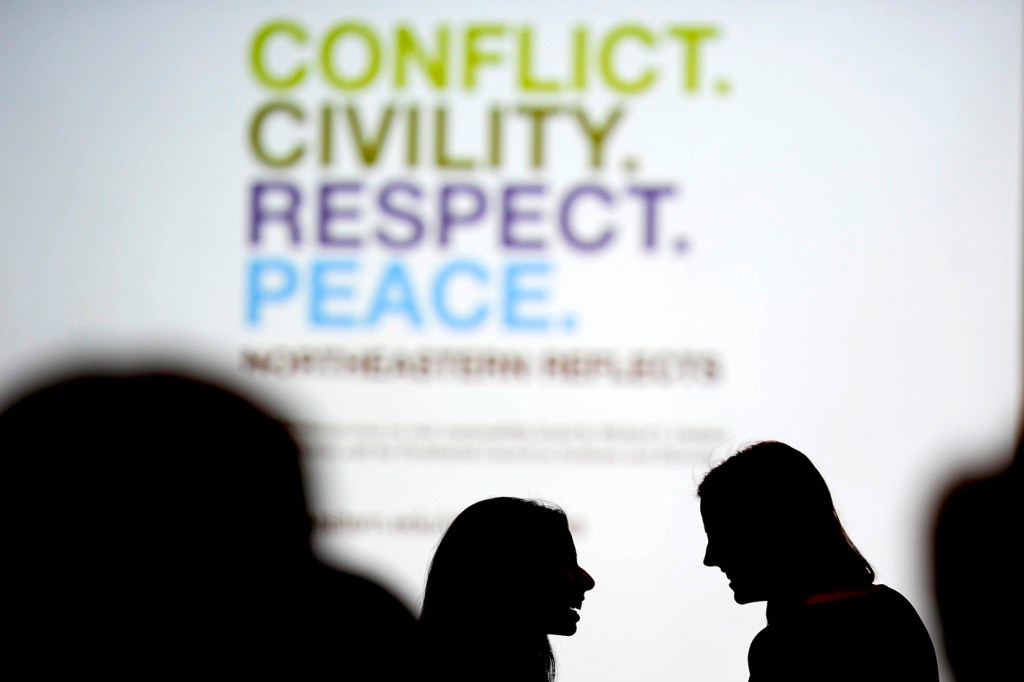Scholars of sociology, religion, and civil rights to take on gun violence and hate speech

Six months ago, a gunman attacked two mosques in Christchurch, New Zealand, killing 51 people in the worst atrocity in the modern history of the country.
Months later, a man declared himself a “supporter of the Christchurch shooter and his manifesto” in an anti-immigrant screed and then murdered 22 people in El Paso, Texas.
And several other potential mass murderers have been arrested in the U.S. and New Zealand for attempting to carry out similar massacres bent on targeting a specific group of people.
In the aftermath of these tragedies, people in towns and cities around the world have banded together to help the victims. In particular, the Jewish community in Pittsburgh, Pennsylvania, which itself had been the target of a shooting last October, raised thousands of dollars to support the victims of the Christchurch shooting and their families.
And members of the Sikh community volunteered to help wash the bodies of the victims of the Christchurch massacre, says Liz Bucar, a professor of philosophy and religion at Northeastern.
“There’s really wonderful and inspiring reactions to that violence and hate coming from different religious communities,” she says.

Bucar will discuss how inflammatory rhetoric that targets specific groups of people for their religious beliefs can be used to inspire fear and hate on Tuesday at a panel discussion at Northeastern titled “Responding to Hate.”
“It’s a unique opportunity to have a real, open conversation,” Bucar says. “It’s a series of scholars, faculty, community partners, and people associated with Northeastern framing issues and questions and then opening it up for that kind of conversation that maybe we aren’t always having in public.”
Gordana Rabrenovic, an associate professor of sociology who directs the Brudnick Center on Violence and Conflict, says that she will discuss why men are so often the perpetrators of mass shootings inspired by hate. She also wants to address the implications of what she describes as a growing mistrust in government and political institutions.
“One of the primary dangers of mistrust is that it encourages people to disengage from public discourse because they believe that nothing is possible,” she says. “And so I think we really need to strengthen our norms on public discourse and civic institutions if we are to move forward and strengthen our democracy.”
The discussion, to be held from 6:30 to 8 p.m. in the Raytheon Amphitheater, will be moderated by Ted Landsmark, the director of the Kitty and Michael Dukakis Center for Urban and Regional Policy. Other panelists will include Amanda Hainsworth, the assistant attorney general in the Civil Rights Division of the Massachusetts Attorney General’s Office, and Robert Jose, associate dean for Cultural, Residential, and Spiritual Life in the Office of Student Affairs.
For media inquiries, please contact media@northeastern.edu.





